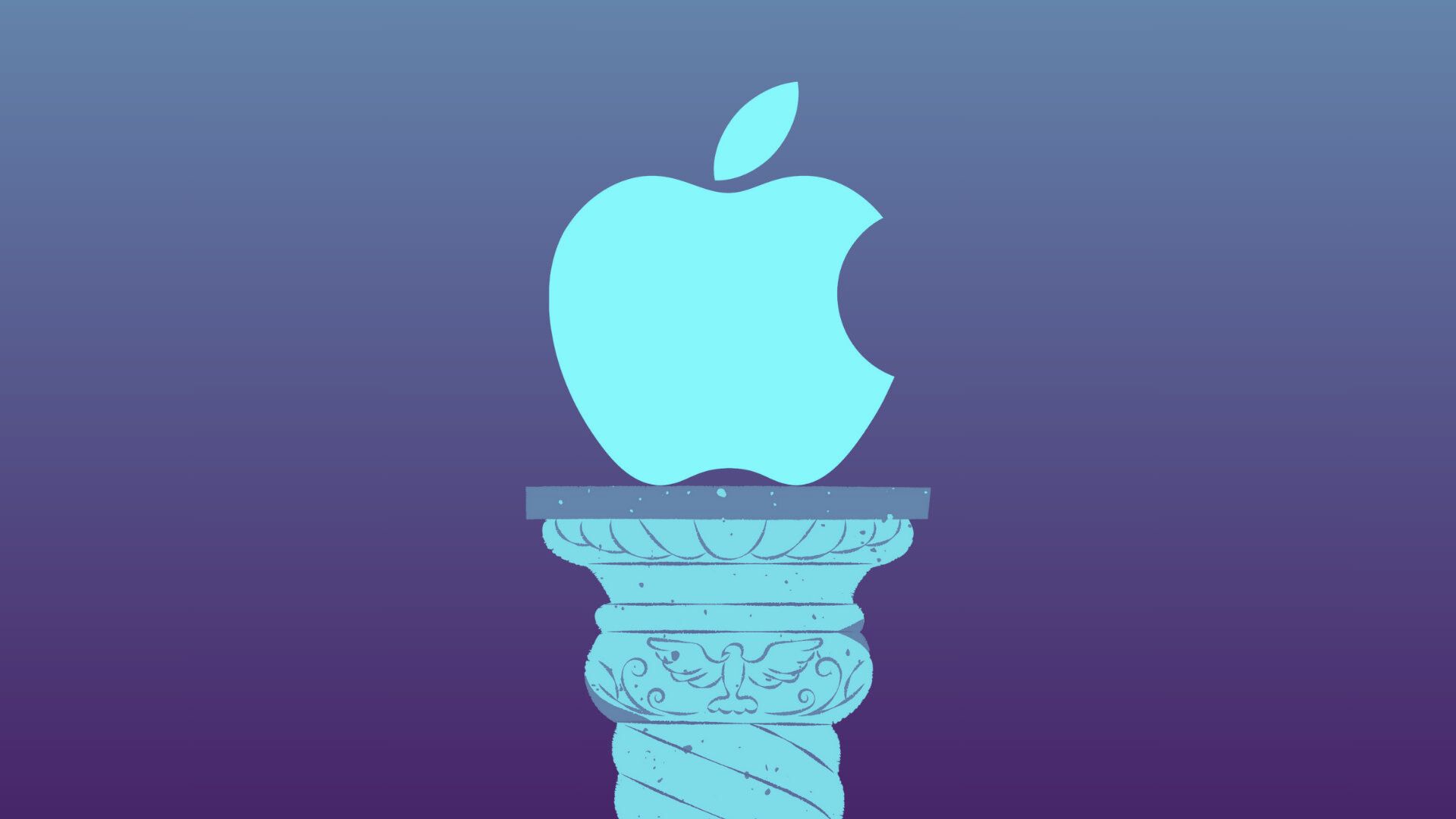
This week, Qualcomm released this promo video for its new Arm PCs featuring a familiar yet surprising face: Justin Long. Many will remember him as the star of the iconic “I’m a Mac” commercials Apple released between 2006 and 2009. Now, in the tech commercial cinematic universe, Long returns to represent one of Apple’s rivals. After a flurry of notifications from MacBook, he uses his Apple laptop to search: “Where can I find a snapdragon powered pc?”
It’s the latest in a long, entertaining tradition of PC companies and Apple trading jabs. This latest chapter may mean something bigger for the PC world, though. There’s a growing push by Apple’s rivals to topple the MacBook. It’s only been a few weeks since Microsoft announced its new collection of Copilot+ PCs. However, Microsoft, Qualcomm, Asus, and other PC manufacturers are all trying to convince consumers of the same thing: This new generation of AI-powered PCs are MacBook killers.
Is on-device AI really enough to take down the MacBook, though? In fact, can any PC truly be a “MacBook killer?” Toppling Apple’s Mac empire is about more than that.
What makes a “MacBook killer?”
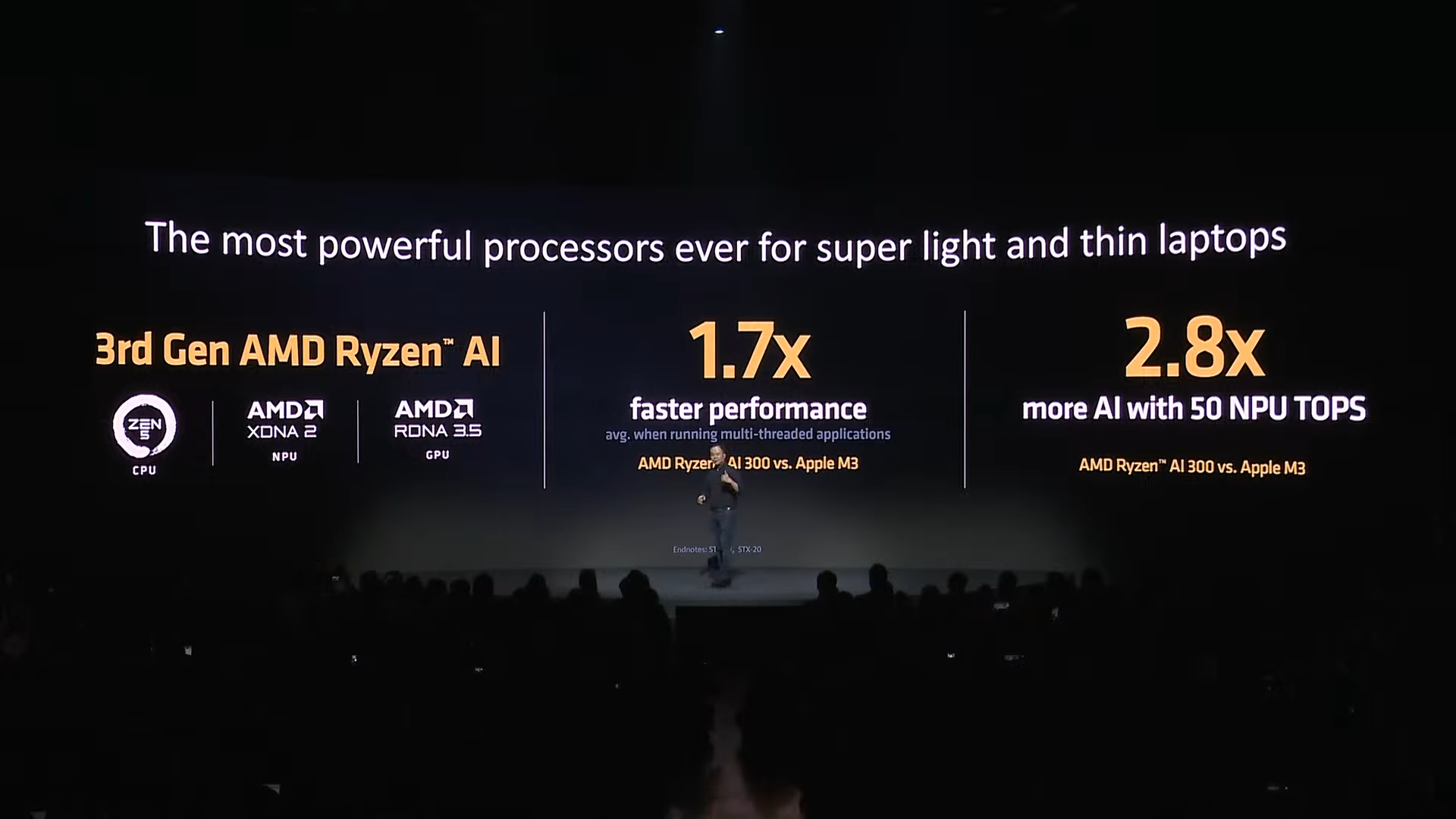
It has become standard practice to compare virtually any new consumer laptop to the latest MacBooks. Microsoft was quick to do so last month when it unveiled the new models of its Surface Laptop and Surface Pro. Asus took aim at Apple this week at Computex when it announced the new Zenbook S16, claiming it's thinner, lighter, and more powerful than the MacBook Air M3.
We won’t be able to confirm (or disprove) those claims until we test all of these new devices. However, PC manufacturers have clearly found a common rival in Apple. The emergence of AI chips is only heating up the competition. Ever since the switch to Apple silicon, the MacBook has been experiencing a new era of enthusiasm from users, as proven by a growth in Mac sales even amidst overall declining sales at Apple.
This begs the question, what really makes a PC a “MacBook killer” and does any PC truly deserve that title?
If you asked Asus, it would probably say that thinness and processing power are the keys to defeating the Mac. The main advantages Asus cited in its presentation for the Zenbook S16 were that it has “1.7x more performance than MacBook Pro” and is thinner than the MacBook Air.
It’s worth noting that it’s only about 0.01 inches thinner and 0.05 pounds lighter than the MacBook Air M2. Anyone holding the two devices side-by-side would have a tough time noticing that difference. Luckily (or perhaps unluckily) for Asus, powerful hardware isn’t the only trait a PC needs to be an aspiring MacBook challenger.
Powerful hardware isn’t enough to topple the MacBook
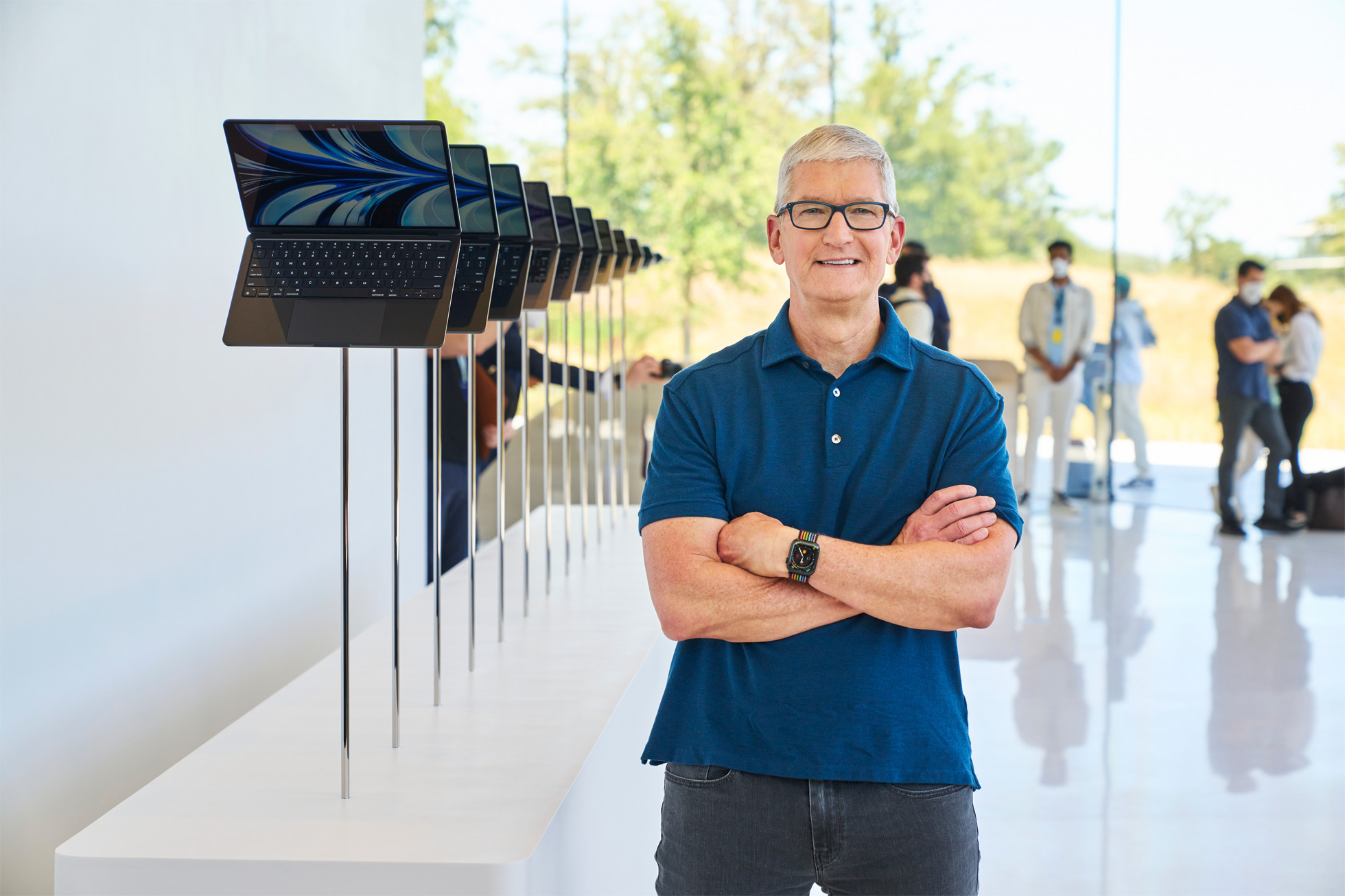
Hardware comparisons are a crucial part of making sure consumers get the right laptop for them, but hardware isn’t the only factor at the core of the MacBook’s popularity. Of course, it’s an important factor, but not the only one. Software is arguably the top reason people choose and stay on the Mac platform.
Copilot+ PCs may be even more powerful than the MacBook Pro. However, no amount of hardware advancements will turn Windows into macOS or get macOS onto PCs. That may be why PC manufacturers are leaning so heavily into AI features.
Between Computex and Microsoft Build, virtually every leading PC manufacturer has announced new devices with AI features baked in. Copilot+ PCs are the clearest example of this trend, from their dedicated Copilot keys to AI features embedded into the fibers of the operating system. Some of these features, like “Recall,” have drawn skepticism about data privacy. However, the idea seems to be to make PCs more powerful than the MacBook by packing in as many AI features as possible.
The issue with this strategy is that Apple will announce its AI features at WWDC 2024 next week. Apple’s approach to AI will likely differ significantly from Microsoft’s, but Mac and PC will both have AI in some form.
On top of that, Apple’s M4 Macs will likely catch up to and outpace the new AI chips Qualcomm, Intel, and AMD announced recently, like the Snapdragon X Elite. Apple chose to launch its M4 chip in the iPad Pro first, but we could potentially see the chip in a Mac by the end of the year.
That means that merely having on-device AI features won’t be enough to give Copilot+ PCs a definitive edge over the MacBook. However, I have my doubts that any PC can truly be a “MacBook killer.”
The rivalry is more heated now and making the switch is far more difficult
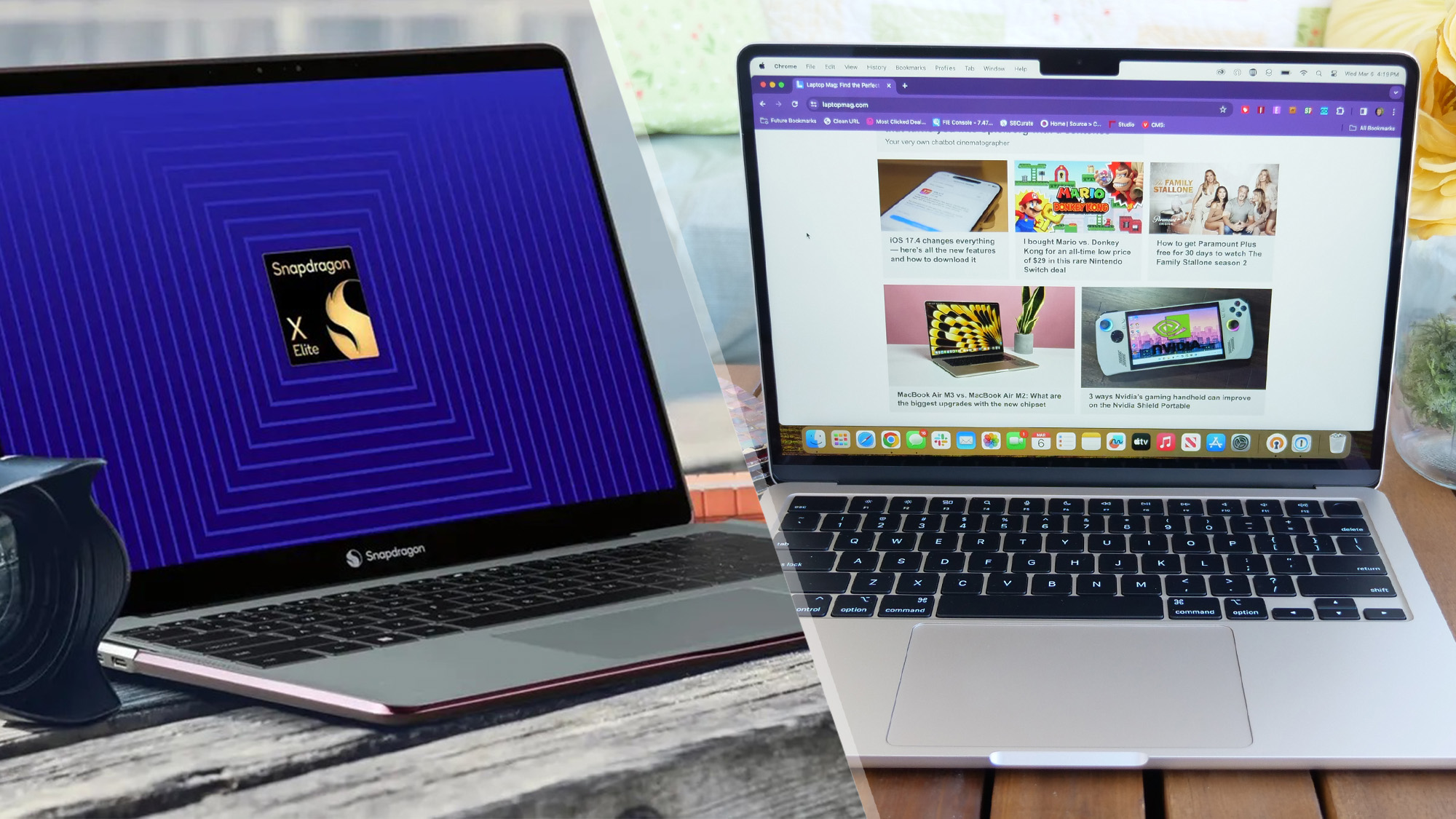
One characteristic of the “I’m a Mac” commercials that may surprise users in 2024 is that despite all the jokes about the PC character, there are still commercials in that campaign that highlight reasons someone might prefer a PC.
The PC was often cast as the “professional” device for getting work done, while the Mac was the more “fun” device that could also do a little work on the side. Plenty of ads in the now-vintage “I’m a Mac” series aren’t flattering for the PC, but there’s still an undertone of coexistence. I’m not sure that exists anymore.
Plenty of ads in the now-vintage “I’m a Mac” series aren’t flattering for the PC, but there’s still an undertone of coexistence. I’m not sure that exists anymore.
In the decade since the “I’m a Mac” commercials aired, the lines between PCs and Macs have blurred, making competition and rivalries more heated. However, siphoning off the Mac user base onto PCs is like attempting to get iPhone users to switch to Android en masse. No Android phone will ever be an iPhone because of iOS, not hardware. Likewise, no PC will ever be a Mac because of macOS, not hardware or even AI.
The one idea PC makers should focus on instead of making a “MacBook killer”
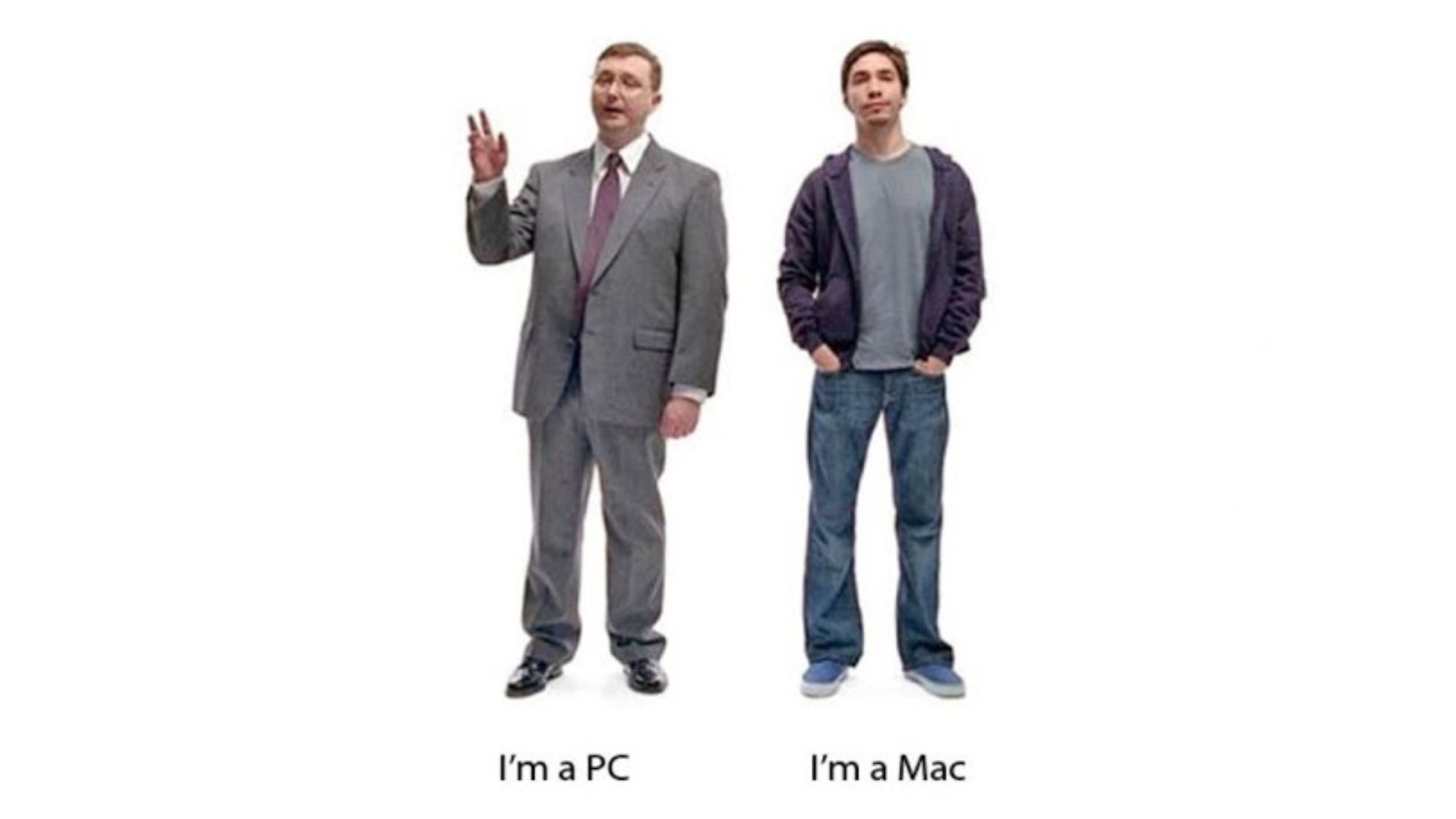
As a result, no PC will ever be a “MacBook killer” because the Mac platform itself is what its fans seem to love. The hardware is great, too, but people stay because of macOS. So, rather than attempting to outbuild the MacBook, PC manufacturers should focus on creating a culture and operating system their users love as much as Mac users love macOS.
Maybe AI is the way to do that. It’s still too soon to say, but one thing’s for sure: If PC manufacturers are determined to win over Mac fans, it’s going to take a lot more than Copilot and a Justin Long commercial.


.png?w=600)




